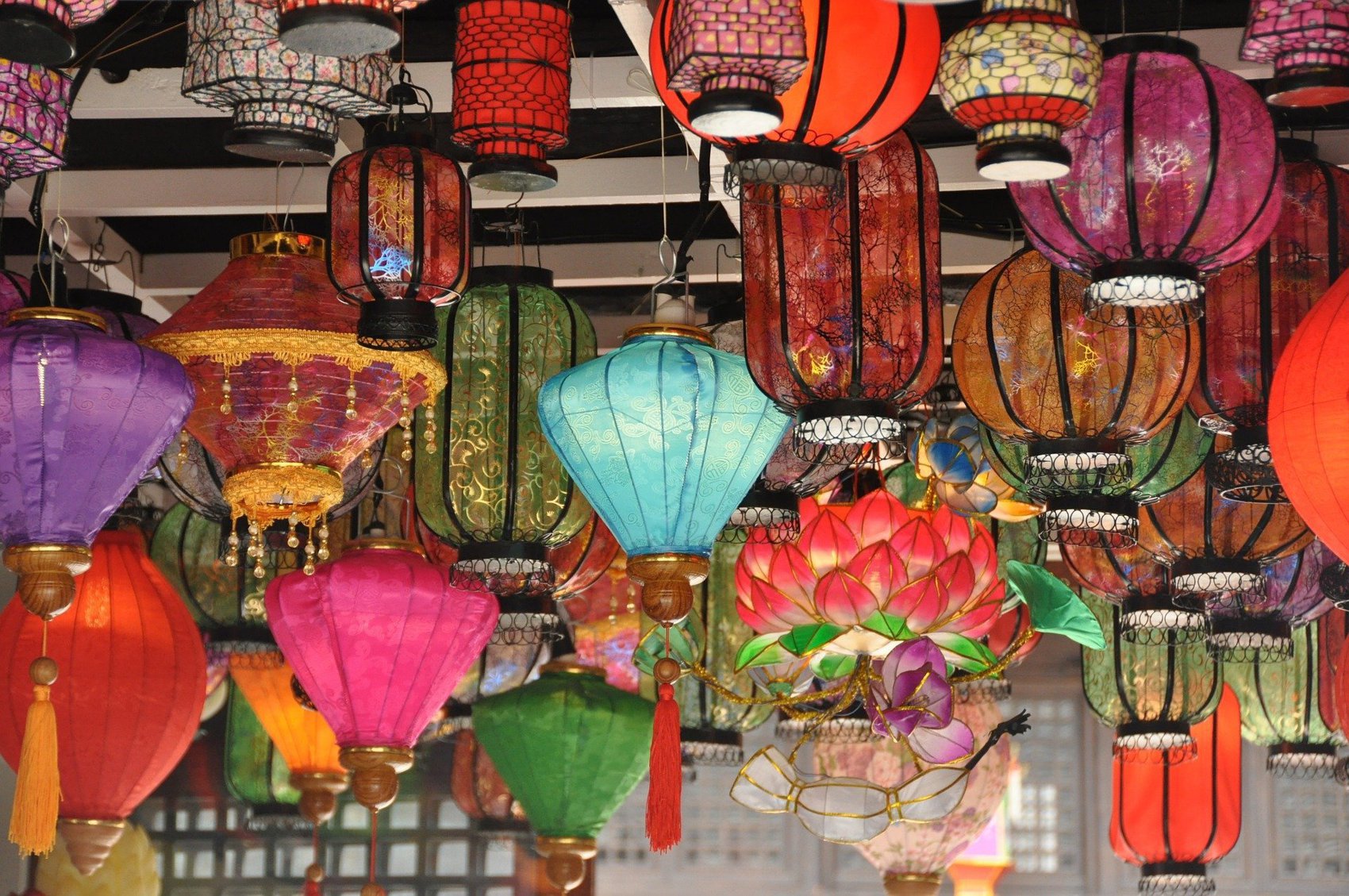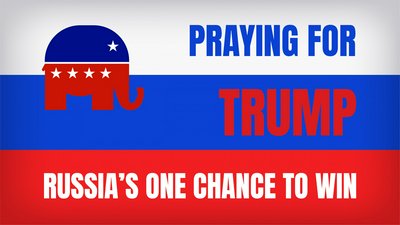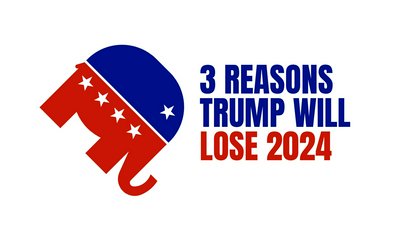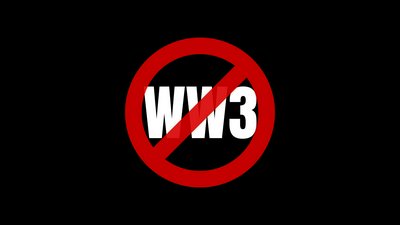economyParis
A Proactive International Policy that Emphasizes Strong Ties with the People of the World: What China Could Do to Avoid Reacting to US Provocations
China can protect itself by not reacting to US aggression, which is also how it can best avoid a new Cold War. Instead, a proactive international policy that...
Published by Dr Jiulin Teng on 12 Aug 2020 · Updated on 25 Jul 2021

Donald Trump has made US relationship with China the front and center of his reelection campaign. This puts the Chinese leadership in an uncomfortable position: Reacting to Trump's provocations damages long-term relationship with the United States, while not reacting might be thought of as acknowledging a weak hand.
Avoiding the Reactive Position
Trump's current "initiatives" are different from normal policies in international relationship: Regardless of whether China responds, insofar as the election has not taken place, he will most certainly double-down. The "weak hand" argument, therefore, does not apply. Instead, by reacting to US provocations, China not only risks damaging the US-China relationship but also taints its international image, becoming portrayed increasingly as a "reactive player".
From recent history, it is not hard to see why a reactive international policy runs contrary to both the reputation of a country and its long-term interests. The military build-up during the Cold War is the prime example: The US, leading the build-up, was able to portray itself as the defender of freedom. The USSR, reacting to the build-up, destroyed its economy and turned international socialism backwards for half a century, before itself succumbing to the social, political, and economic costs.
Had a proactive policy been adopted since the conclusion of WWII, when left-leaning politics were on the rise not only in Europe but also across what is now known as the third-world, the Soviets could have forged long-lasting, meaningful international friendships.
Some would argue that the overwhelming control over media that the US enjoyed and continues to enjoy would have painted the USSR as the boogeyman regardless. While a reasonable argument, this line of thinking overlooks the fact that the USSR's reactions supplied materials for the media. Essentially, being reactive, the Soviets were complacent in the propaganda against itself.
Many have observed that Trump and his administration behave like "high-school bullies". As it is with bullies, the best course of action is to build strong relationships with others while ignoring the bully. It is the reactions that draw the bully back again and again.
A Proactive Alternative
There is little doubt that the US foreign policy establishment, grown up during the Cold War, retains Cold War-era thinking. When internal conflicts intensify, a common move is to externalize the conflict. It appears that the position of the "boogeyman", after being vacant for decades following the fall of the Soviet Union, has finally been filled.
As the world economy (re-)enters a recession with no clear end in sight, it is reasonable to expect a protracted period of economic hardship across major economies in the coming years. Compound that with the inequality following decades of neoliberal economic policies and re-ignited racial tensions in the American society, the intensity of internal conflicts may not ameliorate in the near future, regardless of whether President Trump is re-elected or not.
In fact, with Trump the punch comes in the clear, while with others it may come in the dark.
In my humble opinion, therefore, the worst that China could do is to hold the position of "While we wish to avoid a new Cold War, we would reciprocate your provocations." Instead, the wiser position is one of "If the US wishes for a new Cold War, it can fight itself."
Some may argue that this is an act of weakness. It would indeed be one if China closes itself off from the rest of the world like the Qing Dynasty, as it would concede all the benefits of international relationships, from trade to scientific and cultural exchanges.
Instead, what China needs is a more proactive approach with the rest of the world, with an emphasis on building relationships with the people, not just the political leaders. Some of the examples that I can think of (regardless of whether aligned with the official policies at the moment, which I am not privy of) include:
- Forge strong ties with developing nations in the form of cultural and scientific exchanges that go well beyond the economic programs in the OBOR initiative, with a focus on Africa, the Middle East, and Latin America.
- Emphasize non-economic, non-political relationships with countries aligned with the US, with strong encouragement of the inbound variant.
- Adjust economic policy to help Chinese companies and Chinese-owned companies, particularly those that manufacture consumer products, to build brand equity internationally as did major Japanese brands like Toyota and Sony.
Summary
To sum up, China can protect itself by not reacting to US aggression, which is also how it can best avoid a new Cold War. Instead, a proactive international policy that emphasizes building strong ties with the people of the rest of the world is preferable.



